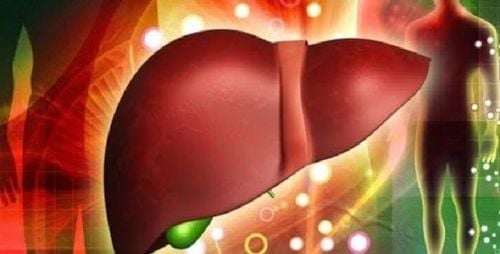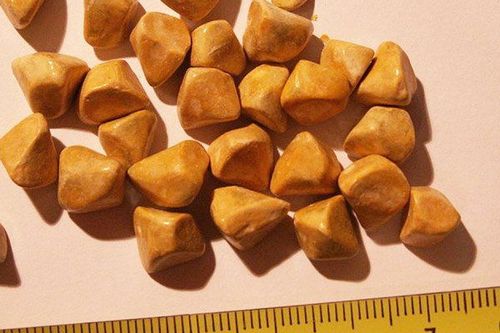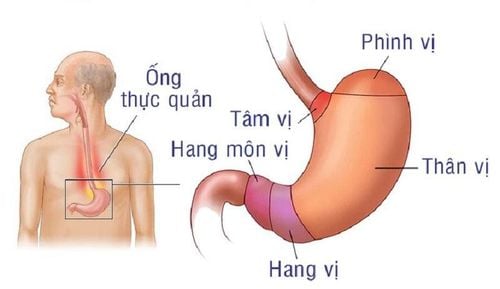This is an automatically translated article.
Question
Hello doctor,
80 years old grandson, he has cirrhosis of the liver, esophageal varices. I find out that I need to have an esophageal varices. So the doctor asked me about the time of regular check-ups and whether I need to have esophageal varices often? When do you have to tie it? After a period of time, what will the elastic band used for esophageal varices look like? I look forward to hearing from the doctor. Thank you doctor.
Le Thi Hang (1997)
Answer
Answered by Master, Doctor Bui Chi Nam - Doctor of Gastroenterology - Department of General Internal Medicine, Vinmec Times City International General Hospital.
Hello,
With the question “Do you need to have esophageal varices often? ", the doctor would like to answer as follows:
Esophageal vein ligation is an endoscopic procedure to ligation of esophageal varices to treat bleeding due to rupture of esophageal varices that are bleeding due to rupture of esophageal varices. management or prophylaxis of esophageal varices causing acute bleeding.
Procedure for endoscopic esophageal varices:
Endotracheal anesthesia (prevention of aspiration syndrome). Perform upper gastrointestinal endoscopy to grade the degree of esophageal varices, look for signs of vein rupture and associated lesions causing bleeding. The doctor inserts an endoscope through the patient's mouth into the esophagus. A device with rubber bands is inserted to ligate the varicose veins to prevent bleeding. Place the endoscope attached with the gun close to the varicose vein. Slowly suck the varicose veins into the plastic ring, shoot the rubber ring out to tighten the varicose veins, then find another varicose vein that needs ligation. Esophageal venous ligation is re-examined after 2 weeks to evaluate the effectiveness, if the varicose veins are still dilated, there is a risk of bleeding, the patient will be ligated again. However, not all cases of esophageal varices are ligated, only those with high bleeding risk or large varicose veins. So before ligation, the doctor will endoscopically assess the risk of bleeding, test the hemostatic function, ultrasound of the liver and biliary tract, etc., then will perform ligation if indicated. Usually, many times (3-5 times) must be lied to completely eliminate the varicose veins, each time about 1 month apart. The way the knot will loosen on its own in about 1-2 weeks after ligation because of the necrotic bunion. With your case, it is best to see a gastroenterologist for advice and treatment.
Vinmec International General Hospital is equipped with the most modern gastrointestinal endoscope of Olympus. This is one of the best machine manufacturers in the world. In addition, in subjects with poor cooperation ability, endoscopy under anesthesia will help patients reduce some discomfort and fear when performing endoscopy. From there, the doctor will have better conditions to observe the lesions and perform the most effective intervention for the patient.
If you still have questions about how often you need to have esophageal varices, you can go to the hospital of Vinmec Health System for further examination and advice. Thank you for trusting and sending questions to Vinmec. Wishing you lots of health.
Best regards!
Please dial HOTLINE for more information or register for an appointment HERE. Download MyVinmec app to make appointments faster and to manage your bookings easily.














